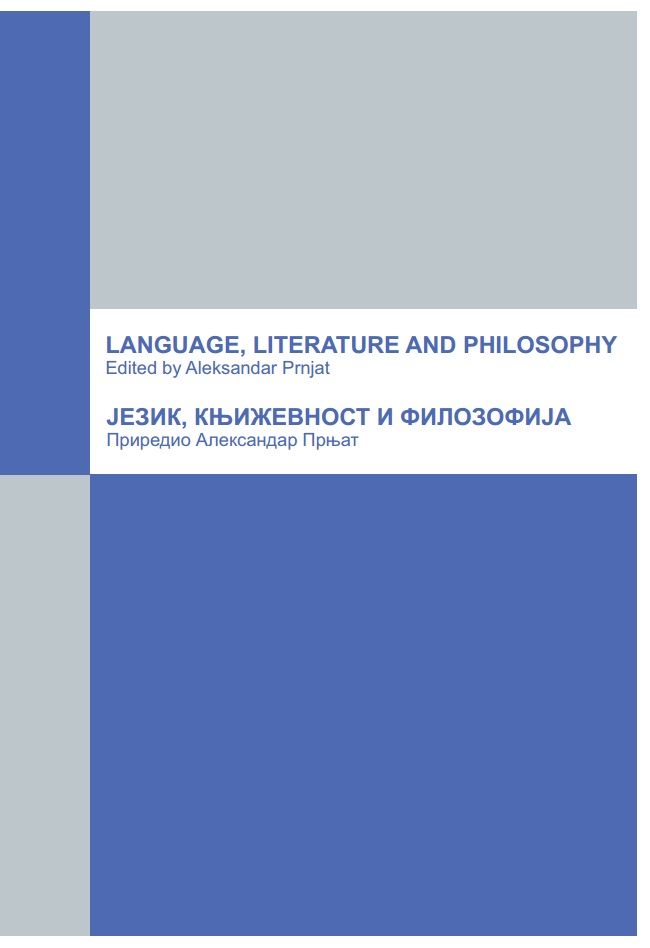Poetry, Technology and the Completion of Humanism
Poetry, Technology and the Completion of Humanism
Author(s): Želimir Vukašinović
Subject(s): Theory of Literature
Published by: АЛФА БК УНИВЕРЗИТЕТ
Keywords: Humanism; poetry; technology; time; language
Summary/Abstract: The paper focuses on the following questions: What is the value and significance of poetry? Where does its power lie today, and where its powerlessness? Is poetry even possible in the time we live in, in any of its forms, linguistically or existentially? Who can be a poet upon the completion of humanism? Who wants to be one after the death of God? These questions are posed with the aim of attempting to respond to Adorno's 1949 dictum that „to write poetry after Auschwitz is barbaric“ as well as to the embitterment overcasting the skies of poetry ever since the World War II. Understanding the essence of poetry is, after the era of traditional anthropology, here seen as a possibility of interpretation in the reign of technology when the purpose of human existence is largely forgotten. The bitterness that gradually grows into nihilism of contemporary culture deepens the experience of futility in poetry after radical violence which finds its specific and symbolic expression in the crater of Auschwitz – violence which, as Lyotard emphasises in The Differend, leaves in its wake the silent experience of the victim which is inscribed into very essence of language. Thus if we dare wonder today about the purpose of poetry, we see nothing but its limitations against the challenges of (post)modernity: the development of technology, terrorism, media coverage of public executions, increase of poverty, „happy life“ campaigns of banking industry, scientific positivism etc. What is it anyway that poetry – lyrical in particular – can still tell us in the face of brutality of everyday language; what can it say about the meaning of history as compared to the vulgar understanding of time? This is precisely why the question one should always resort to is: however, whyever today – and literature in general?
Book: Language, Literature and Philosophy
- Page Range: 23-31
- Page Count: 9
- Publication Year: 2016
- Language: English
- Content File-PDF

